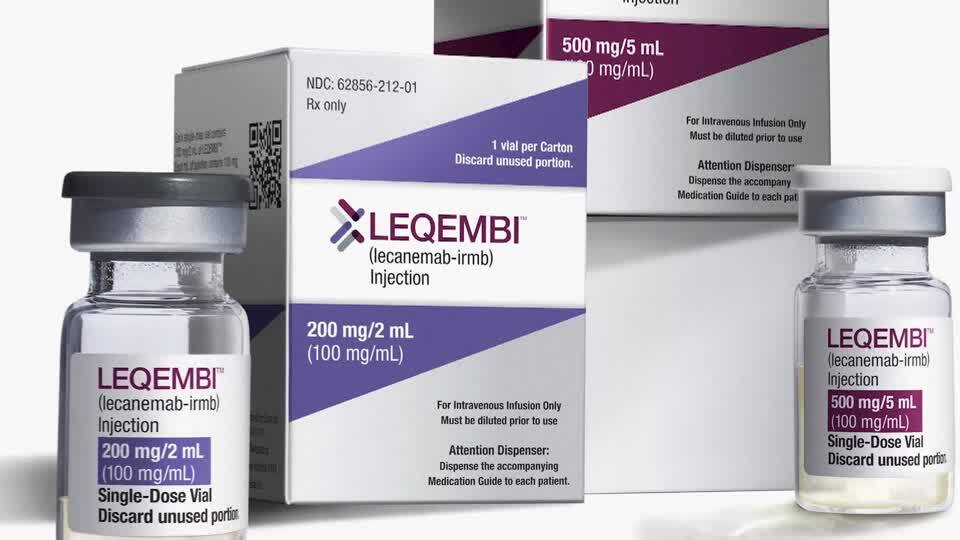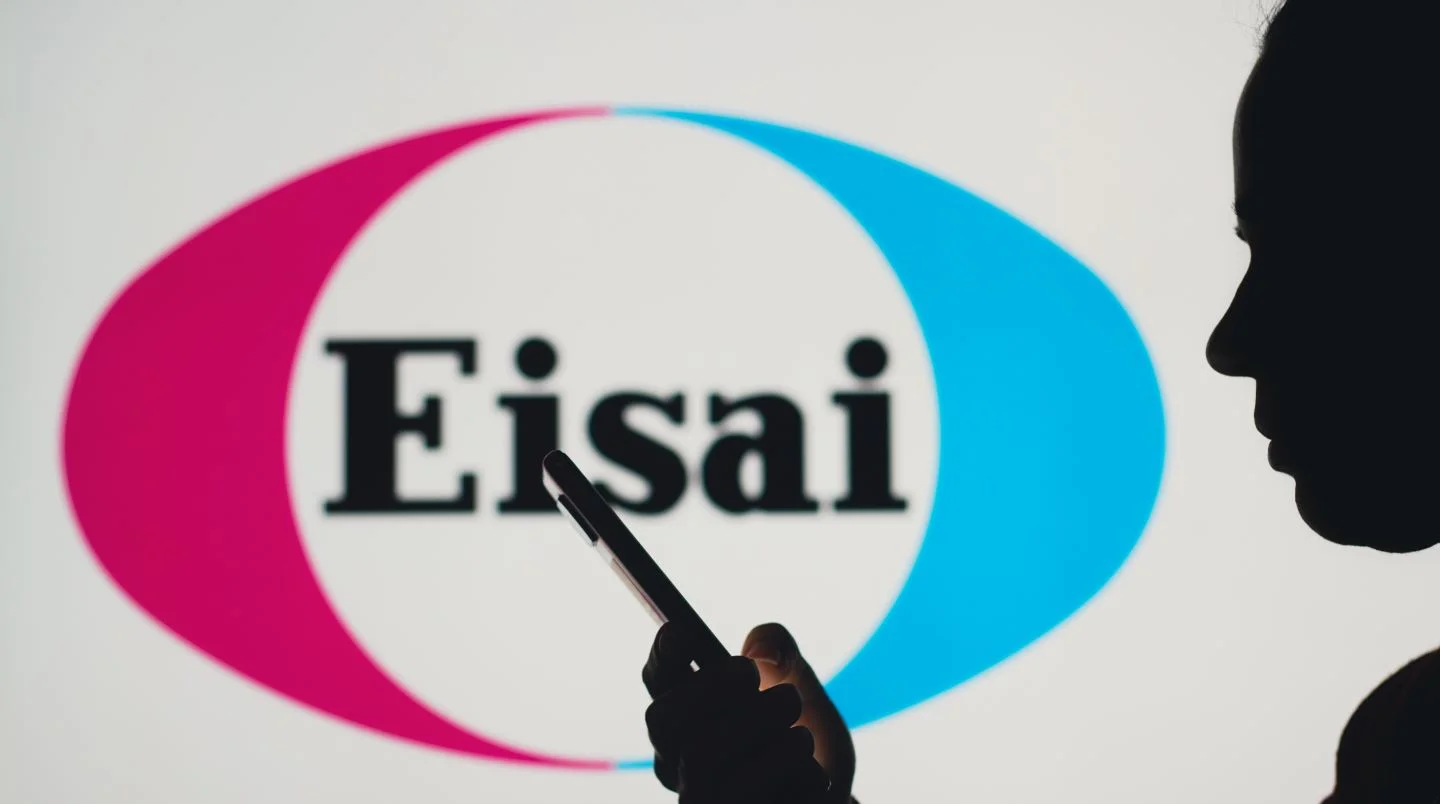The Food and Drug Administration is set to decide on full approval for Eisai and Biogen’s Alzheimer’s treatment Leqembi by July 6, as announced by the companies on Monday.
Leqembi is an antibody therapy designed to target brain plaque linked to Alzheimer’s disease. Administered intravenously twice a month, clinical trials showed it slowed the progression of early Alzheimer’s by 27%. However, it also carries risks of brain swelling and bleeding, and comes with an annual cost of $26,500.
While Leqembi received expedited approval from the FDA in January, its current accessibility remains extremely limited. Medicare coverage is restricted to drugs like Leqembi that receive expedited approval only for individuals participating in clinical trials.
In January, the Centers for Medicare and Medicaid Services (CMS) indicated broader coverage would be available once Leqembi achieves full FDA approval.
However, even with expanded coverage, access to the drug is likely to be constrained. Medicare plans to cover drugs like Leqembi for participants in research studies, known as registries, to gather real-world data.
Establishing these studies will require recruiting healthcare providers and research facilities, as well as securing patient participation.

Additionally, the healthcare system will need increased capacity for diagnostic tests and administering the required infusions.
In December, the Alzheimer’s Association urged CMS to provide unrestricted coverage for treatments like Leqembi. Congressional members have also advocated for broader Medicare coverage, citing disparities faced by residents in rural areas, where study-participating providers are predominantly located in larger cities.
Despite CMS rejecting the Alzheimer’s Association’s request for unrestricted coverage recently, the agency reaffirmed its commitment to broadening Leqembi coverage immediately upon full FDA approval.
“In accordance with statutory definitions, CMS evaluates whether a medication is reasonable and necessary to provide national coverage,” the agency stated. “This standard differs from FDA criteria assessing medication safety and effectiveness.”
Expressing dismay over CMS’ decision, the Alzheimer’s Association highlighted the urgency, with an estimated 2,000 individuals aged 65 and older progressing daily from mild to advanced dementia stages, rendering them ineligible for Leqembi.
Eisai’s U.S. CEO Ivan Cheung noted in a recent interview that Medicare could potentially opt for unrestricted coverage post full FDA approval, contingent on strong supportive evidence for the treatment.
“If the evidence is robust … restrictions should be minimal or even non-existent, and that is Eisai’s stance,” Cheung emphasized. “We believe Medicare beneficiaries should have unencumbered, broad access to Leqembi because the data meet those criteria.”
